Arrogance is a kingdom without a crown
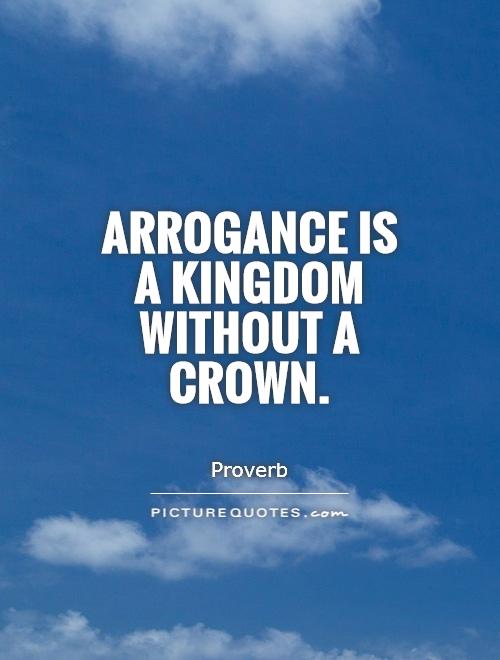
Arrogance is a kingdom without a crown
The proverb "Arrogance is a kingdom without a crown" speaks volumes about the nature of arrogance and its ultimate downfall. Arrogance is often associated with a sense of superiority and entitlement, where individuals believe they are better than others and deserve special treatment. However, this inflated sense of self-importance is ultimately hollow and devoid of any true substance or merit.In the context of the proverb, the idea of arrogance being a "kingdom without a crown" suggests that despite the outward appearance of power and authority, arrogance lacks the true qualities that define a successful and respected leader. A kingdom without a crown is incomplete and lacks the legitimacy and authority that comes with a true ruler. Similarly, arrogance may give the illusion of power and control, but it ultimately lacks the respect and admiration that comes with humility and genuine leadership.
Arrogance often leads to isolation and alienation, as those who exhibit this trait are often seen as unapproachable and unrelatable. People are less likely to trust or respect someone who is arrogant, as they come across as self-centered and dismissive of others. In contrast, true leaders who possess humility and empathy are able to connect with others on a deeper level and inspire loyalty and trust.
Furthermore, arrogance can be a barrier to personal growth and development. Those who are arrogant are often unwilling to admit their mistakes or seek feedback from others, as they believe they are always right. This closed-minded attitude can prevent individuals from learning from their experiences and improving themselves, ultimately hindering their progress and success.
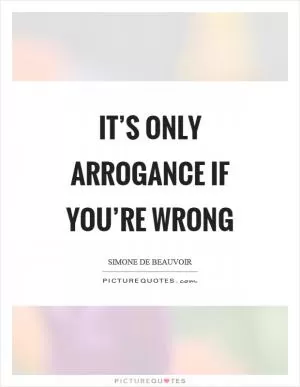

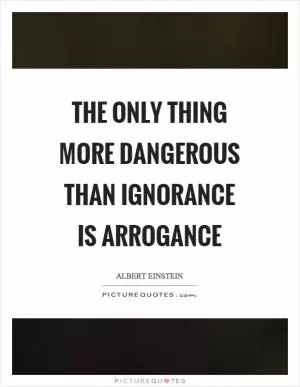
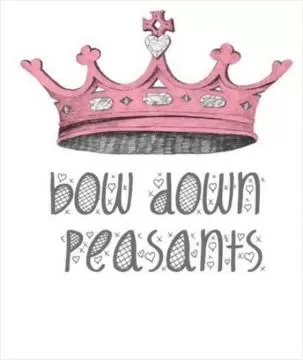




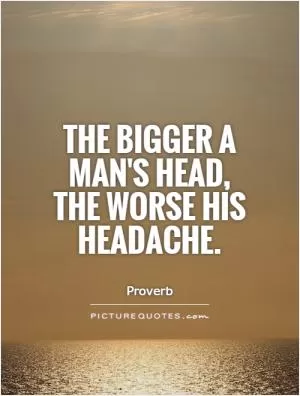



 Friendship Quotes
Friendship Quotes Love Quotes
Love Quotes Life Quotes
Life Quotes Funny Quotes
Funny Quotes Motivational Quotes
Motivational Quotes Inspirational Quotes
Inspirational Quotes